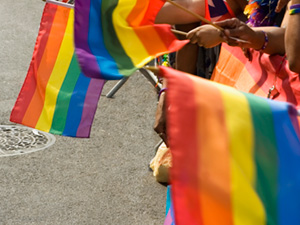Language: Japanese
Climate: Japan has four distinct seasons, but its climate varies from cool temperate in the north to subtropical in the south and it is generally a rainy country with high humidity. Northern Japan has warm summers but long, cold winters with heavy snow. Central Japan in its elevated position, has hot, humid summers and moderate to short winters with some areas seeing very heavy snow, and southwestern Japan has long, hot, humid summers and mild winters. Five or six typhoons pass over or near Japan every year from early August to early September.
Time Zone: JST — Japan Standard Time
International phone code: 81
Currency: Yen
Capital: Tokyo
Transportation: Most intercontinental flights arrive at either Narita Airport near Tokyo or Kansai Airport near Osaka. Both are significant distances from their respective city centers, but are linked to regional rail networks and also have numerous bus services to nearby destinations. Japan has one of the world's best transport systems with the train being overwhelmingly the popular option. Although travelling around Japan is expensive compared to other Asian countries, there are a variety of passes that can be used. Flying remains the most practical mode of reaching Japan's outlying islands, most notably for connections from the mainland to Hokkaido and Okinawa. Flying is also useful for getting around within the sparsely populated Hokkaido, as there is no high speed train network there. Rental cars and driving in Japan are rare in or around the major cities, as public transport is generally excellent and gets you almost everywhere.
Gay Japan:
Japan is considered to be very safe for gay and lesbian travellers, and violence against homosexuals is quite rare. There are no laws against homosexuality in Japan and major cities such as Tokyo and Osaka have a large gay scene, but same-sex relationships are not recognized by the government, and open displays of affection are still likely to draw stares and whispers.
While Japanese law sets the age of consent at 13, individual municipalities and prefectures have their own laws. In Tokyo, for example, it rises to 17.
Shintoism, the traditional religion of Japan, has no explicit religious prohibitions against homosexuality, nor do Buddhism or Confucianism.




S(strm2445l0vn0aiwf1xwko55))/content/user/images/Dest/210/20084-140-115.png)
S(strm2445l0vn0aiwf1xwko55))/content/user/images/Dest/257/29943-140-115.jpg)
S(strm2445l0vn0aiwf1xwko55))/content/user/images/Dest/161/21932-140-115.png)
S(strm2445l0vn0aiwf1xwko55))/content/user/images/Dest/138/31338-140-115.jpg)
S(strm2445l0vn0aiwf1xwko55))/content/user/images/Dest/228/30023-140-115.jpg) Tokyo
Tokyo